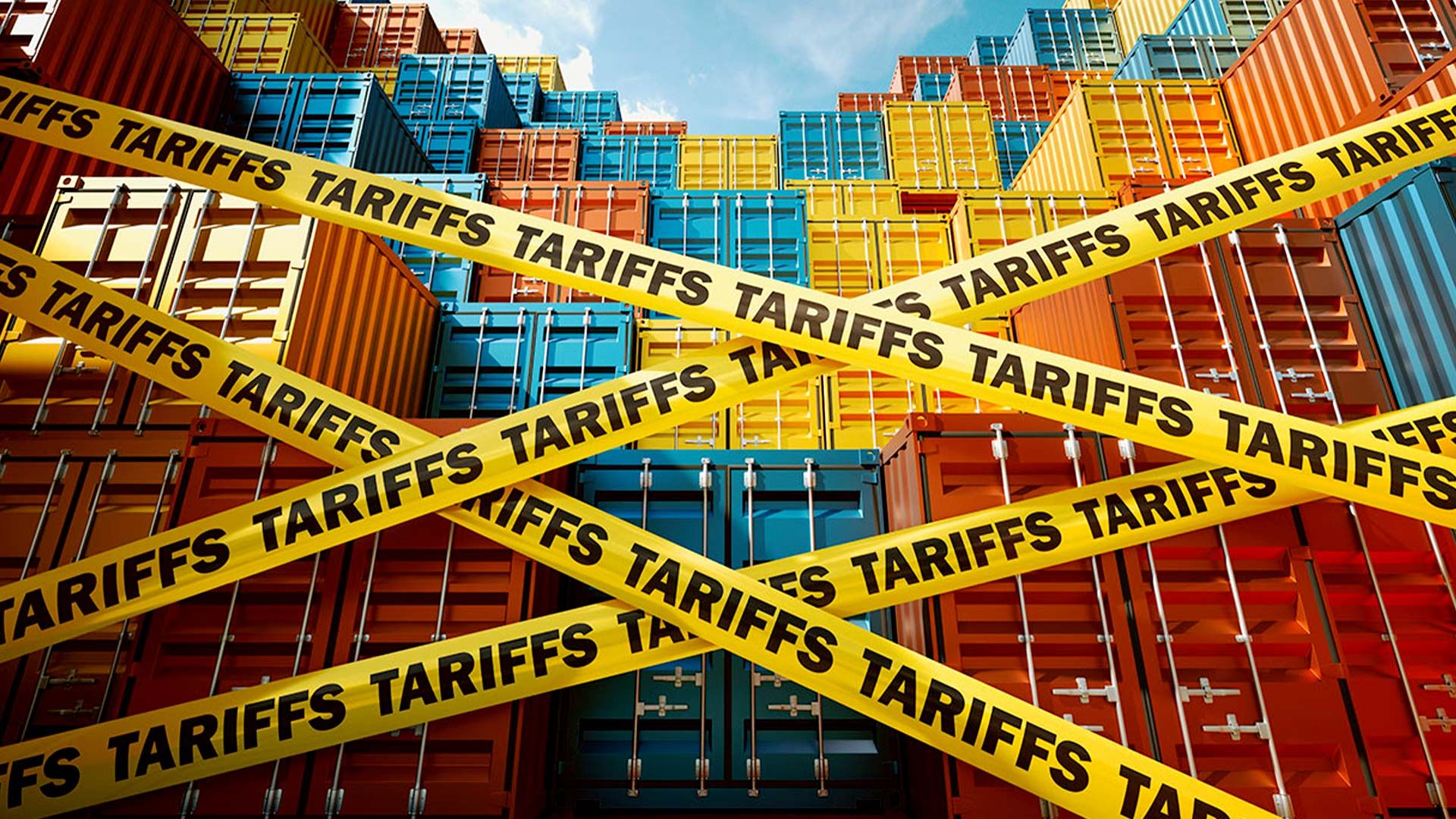September 17, 2025
The Importance of Cryptocurrencies for Sanctioned Nations
Russia’s Strategy in International Trade

A Shift from Traditional Financial Systems
The exclusion of Russia from the SWIFT banking system due to sanctions from the US and EU has necessitated the exploration of alternative financial systems. SWIFT, as a centralized hub for international transactions, primarily operates in the US dollar and Euro, leaving countries vulnerable to political pressure and sanctions. Cryptocurrencies, however, provide a decentralised platform that allows for more autonomy in international financial transactions.
Cryptocurrencies enable Russia to facilitate international trade without reliance on traditional banking systems, which are susceptible to sanctions. The use of crypto-to-fiat transfers, particularly in dealings with key trading partners like China and India, allows for smoother transactions by converting local currencies into Russian roubles through intermediary cryptocurrencies.
BRICS Pay: A Strategic Alternative
Within this landscape, the proposed BRICS Pay system represents a significant development. This decentralised payment system aims to reduce reliance on Western financial networks by enabling transactions in local currencies, thus bypassing the need for the US dollar. Utilising blockchain technology and digital wallets, BRICS Pay could integrate seamlessly with existing platforms like Russia’s Mir, India’s UPI, and China’s Alipay.
Although still in its conception phase, BRICS Pay highlights the drive towards creating a financial ecosystem that supports the multipolar world order vision championed by the BRICS nations. It promises lower transaction costs, enhanced security, and the potential to decentralise financial power away from Western dominance.
Cryptocurrencies: A Catalyst for Trade
Russia’s increasing use of cryptocurrencies in its oil trade with China and India exemplifies the shift towards digital currencies. This strategy not only allows Russia to bypass sanctions but also fosters faster and more efficient transactions. The process involves converting payments made in foreign currencies like the Chinese yuan into cryptocurrencies, which are then exchanged for roubles. Despite the initial small scale, the use of cryptocurrencies in this context is growing, underscoring its potential as a critical component of Russia’s trade.
Nations such as Iran and Venezuela, which have similarly faced sanctions, have also utilised cryptocurrencies, indicating a broader trend among sanctioned nations to leverage digital currencies to maintain economic engagement in the global market.
Lessons from El Salvador
While not directly analogous, El Salvador’s experimentation with Bitcoin as legal tender offers valuable insights. Initially adopted to enhance financial inclusion and foster innovation, the project ultimately faced challenges related to societal trust and regulatory frameworks. However, it underscored the potential of cryptocurrencies to drive economic development, especially when coupled with robust regulatory policies and public education.
For Russia, and countries considering similar paths, the lessons from El Salvador highlight the importance of building societal trust and establishing regulatory frameworks that support innovation while addressing potential drawbacks.
The Future of International Trade with Cryptocurrencies
As the world becomes more digitally integrated, cryptocurrencies will likely play an increasingly significant role in international trade, particularly for countries navigating economic sanctions. For Russia, the confluence of cryptocurrencies and initiatives like BRICS Pay could redefine its trade relationships and reduce its financial vulnerability.
South Africa, a key partner within the BRICS bloc, stands to benefit by aligning with these developments, potentially facilitating trade with Russia and other nations while advancing its financial sovereignty. By embracing the growing trend of digital currencies, countries can circumvent traditional financial barriers and strengthen their economic resilience in the face of geopolitical challenges.
In conclusion, while challenges remain in gaining widespread adoption and addressing regulatory concerns, the strategic use of cryptocurrencies and innovative payment systems like BRICS Pay offers sanctioned nations a viable path to maintain and even enhance their international trade relations, ultimately contributing to a more balanced and multipolar global economic landscape.











